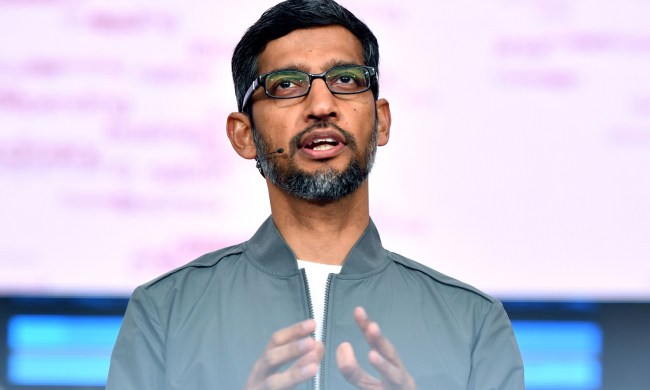
As CNN reports, the base of the business, still called Google, hasn’t seen many changes. People who work for Google’s internet search and consumer products businesses enjoy Silicon Valley office perks. They still work under Sundar Pichal, the new Google CEO who ran most of the company pre-Alphabet.
For some of the special project and spinoff companies, however, accountability, managing costs, and meeting goals are part of the new Alphabet culture. “Moonshots,” projects that are unproven, untested, and unlikely to work for a long time despite bottomless budgets under Google, face closer scrutiny inside Alphabet.
Google’s co-founder and previous CEO Larry Page, is available more often to give advice to projects that interest him such as the Google Self-Driving Car Project, now under Alphabet. Page also has separately funded two flying car companies, so he clearly still has an interest in pursuing moonshots, though in this case outside the Alphabet structure.
Examples of the changes Alphabet has brought to its divisions include Verily, the health services and research group and smart-home device-maker Nest.
Verily employees now receive part of their compensation in the form of Verily stock. Tech startups often use stock incentives to recruit and hold employees. For some who were with the company when it was just one big Google, a proven and valuable performer, the new compensation arrangement doesn’t feel right, according to a former employee who spoke with CNN. “Some people were like, ‘I didn’t sign up for this risk, because in theory this Verily stock could go to zero and that’s not why I signed up for Google,'”
Nest found that after it became part of Alphabet, the division was separately responsible for some costs formerly absorbed by Google, such as legal services and public relations. Nest also experienced unexpected pressure to control costs, according to an unnamed CNN source.
So overall, as of its first anniversary, Alphabet has brought more order to the Google empire. Google gets to focus on its core projects and make money for the whole enterprise while the various Alphabet divisions work without their former large, and more forgiving safety net.



